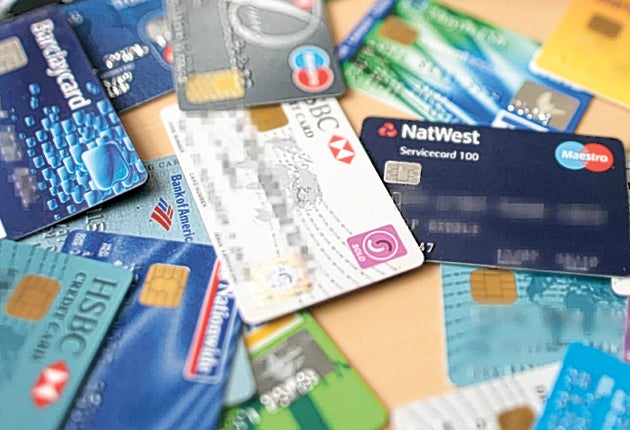Direct debits can be your best friend or your worst enemy
They work for certain payments, but can trick you into losing money on others.

At their best, direct debits can save you money and make life easier. At their worst you could end up paying through the nose, or even unwittingly signing up for regular payments.
The tricky thing is that direct debits are a good idea for some products, but not for others. You could shave a few quid off your phone and broadband bills each month with a direct debit as thanks for making it cheaper and easier for the providers to process your bill. In fact, some providers penalise non-direct debit payers. Orange charges £3.50 a month for non-direct debit payments and Three charges £4 if you pay your mobile bill by cheque. At Talk Talk, customers are required to pay by direct debit and there is a £4.50 fee if you don't, increased from £3.50 at the beginning of the year.
Where direct debits can turn sour, however, is when you're paying for your car and home insurance. Rather than rewarding regular monthly payments, insurers see it as a loan and charge interest on top. This can be staggeringly high. Asda charges an eye-watering 28.6 per cent on both its car and home insurance if you choose to pay monthly, so it is considerably cheaper to pay in one lump sum for the whole year.
"If a consumer is considering paying their insurance premium in instalments by direct debit, they must remember to check the handling fee that is charged by the provider as this adds to the overall cost of the insurance," says Mike Powell, an insight analyst for general insurance at Defaqto. "It is always worthwhile checking with the provider, as occasionally some include special offers such as interest free direct debit payments."
It may even be preferable to apply for a credit card with an interest-free introductory period to cover the annual premium. The current best buy is the Marks & Spencer credit card which offers 0 per cent on new spending for 15 months. If you do continue with monthly payments and need to claim on the policy, note that you will need to pay the outstanding amount in one go.
To make life more difficult, the penalties for direct debit can be arbitrary. For example, if you cover your TV licence by quarterly direct debit it costs an extra £5 a year, but a monthly direct debit won't. And even when regular payments save you money you still need to be careful.
As with phone and broadband, energy bills are best paid by direct debit because you get a discount of up to 10 per cent. However, this payment is based on estimated usage, and if the monthly payment is too high or too low you could have problems. If you've overpaid, you will get the money back but there may be stipulations. With British Gas you must be in credit by more than £100 before you get an automatic refund at the end of your payment year. If you want it back before then, you need to request a refund and wait for up to four working days. The best thing to do is take regular meter readings and ask for your monthly payments to be adjusted accordingly.
When it comes to credit cards, direct debit can again be both useful and potentially damaging, depending on how you use it. Having it set up to cover the minimum repayment each month will mean you avoid late payment charges costing an average of £12, but at the same time, relying on only the minimum repayments is expensive.
If you were paying back the monthly minimum repayment on £1,000 borrowed at a market average 18.28 per cent APR, it would take 17 years, three months to repay the debt. More shockingly, the interest you would pay is £1,130.
"It is easy to fall into the dangerous trap of paying off only the minimum repayment amount allowed," says Kevin Mountford, head of banking at price comparison site Moneysupermarket.com. "It may seem like borrowers are spending only a small monthly sum, but the interest charged on their balance means the total amount they pay back skyrockets."
It's also crucial to check for any payments you may have lost track of, particularly if you've moved house or switched bank accounts. It may be easier than you think to miss a subscription payment you've forgotten about, or, even worse, have an old payment on a bank account you think you've closed which may be racking up unauthorised charges.
Mobile phone insurance in particular can cause problems if you sign up for a phone deal and fail to realise that the contract includes insurance on a rolling policy. With companies counting on you to forget to cancel and unintentionally provide them with an income for years, the onus is on you to keep track.
If it is a recurring payment taking from your debit or credit card, as opposed to a direct debit, you will usually have to contact the company to cancel it.
Subscribe to Independent Premium to bookmark this article
Want to bookmark your favourite articles and stories to read or reference later? Start your Independent Premium subscription today.

Join our commenting forum
Join thought-provoking conversations, follow other Independent readers and see their replies